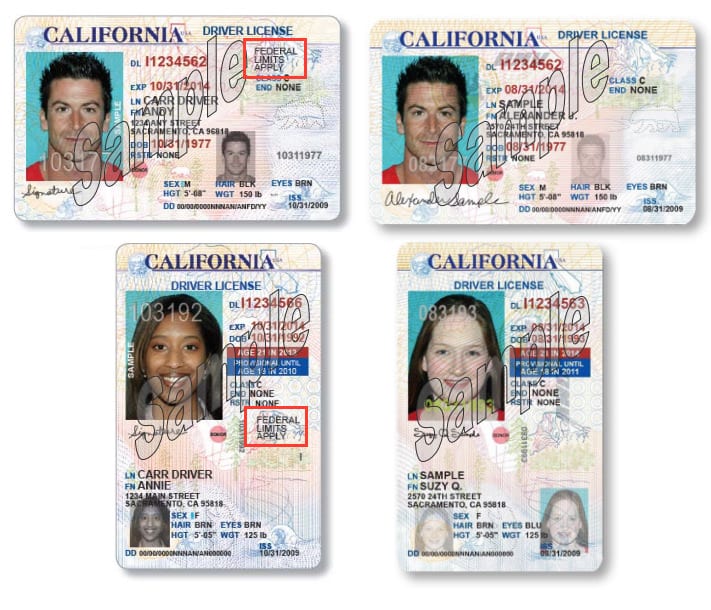The California Department of Motor Vehicles (DMV) announced in November that they will begin issuing licenses to people without “satisfactory proof of legal presence”. This is a direct result of a new law, called Assembly Bill 60 (AB60), also known as The Safe and Responsible Driver Act. AB60 allows the California DMV to issue a California driver’s license to those who can prove both their identity and their California residence, regardless of immigration status, provided those applicants also meet all the other normal requirements for licensure, including passing the written and practical exams, and a vision test. The California DMV has released a list of documents acceptable for obtaining the new category of driver’s license for those who can’t prove they are in the United States legally (CA AB60 Documents). For example, Mexican citizens can use one of three identity documents including a Mexican passport from 2008 or later, a 2013 Mexican Electoral card, or the Mexican Consular Card for 2006 or 2014. Applicants will also have to confirm their state residency, and may do so using a variety of documents, including but not limited to deeds or titles to residential property, mortgage bills, home utility bills including cell phone bills, employment documents, or insurance documents. The new category of license will look very similar to other driver’s licenses issued in California. The major differences include wording on the front that reads, “Federal Limits Apply”, and wording on the back that reads, “This card is not acceptable for official federal purposes. This license is issued only as a license to drive a motor vehicle. It does not establish eligibility for employment, voter registration, or public benefits.” Until 1994, all adults in California who passed the requisite exams could obtain a driver’s license, regardless of immigration status. But then a law was passed that required applicants to also show a valid Social Security number and proof of legal presence. 
Schedule a call to learn more